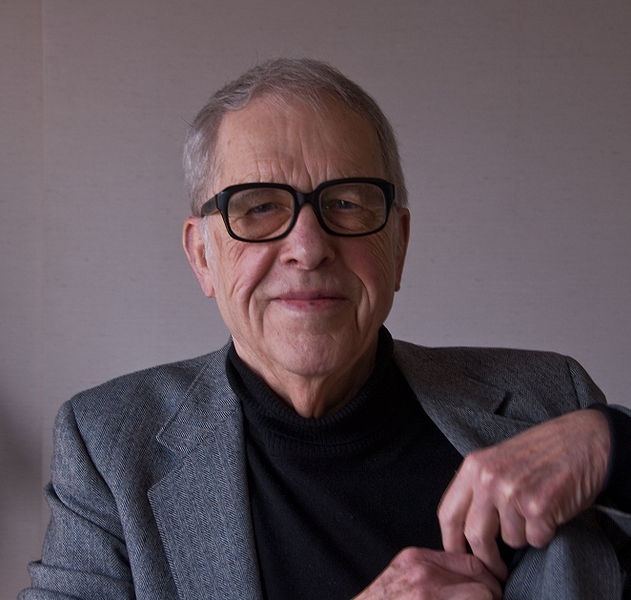Japanese Culture: Episode Five

Friday was another national holiday here in Japan: Bunka No Hi or Culture Day. Of course, culture day, along with a day off from classes, got me to think about Japanese culture, as I had explored it in my fifth episode, which premiered last week.
What is contemporary Japanese culture? What is any country’s culture? I’ve been here for nearly two months and seen a lot of Tokyo and surrounding cities. I’ve been to Kyoto in the south, Gunma and Nikko in the north. I’ve spoken to a sociologist who has lived in Tokyo for nearly two decades. I interviewed Donald Richie, who has lived in Japan for 60 years and has written 40 books on Japan. No one can really define the culture. It is too large and too diverse, not to mention the Japanese people do tend to take on styles from around the world. Especially here in Tokyo, there are so many contrasts.



